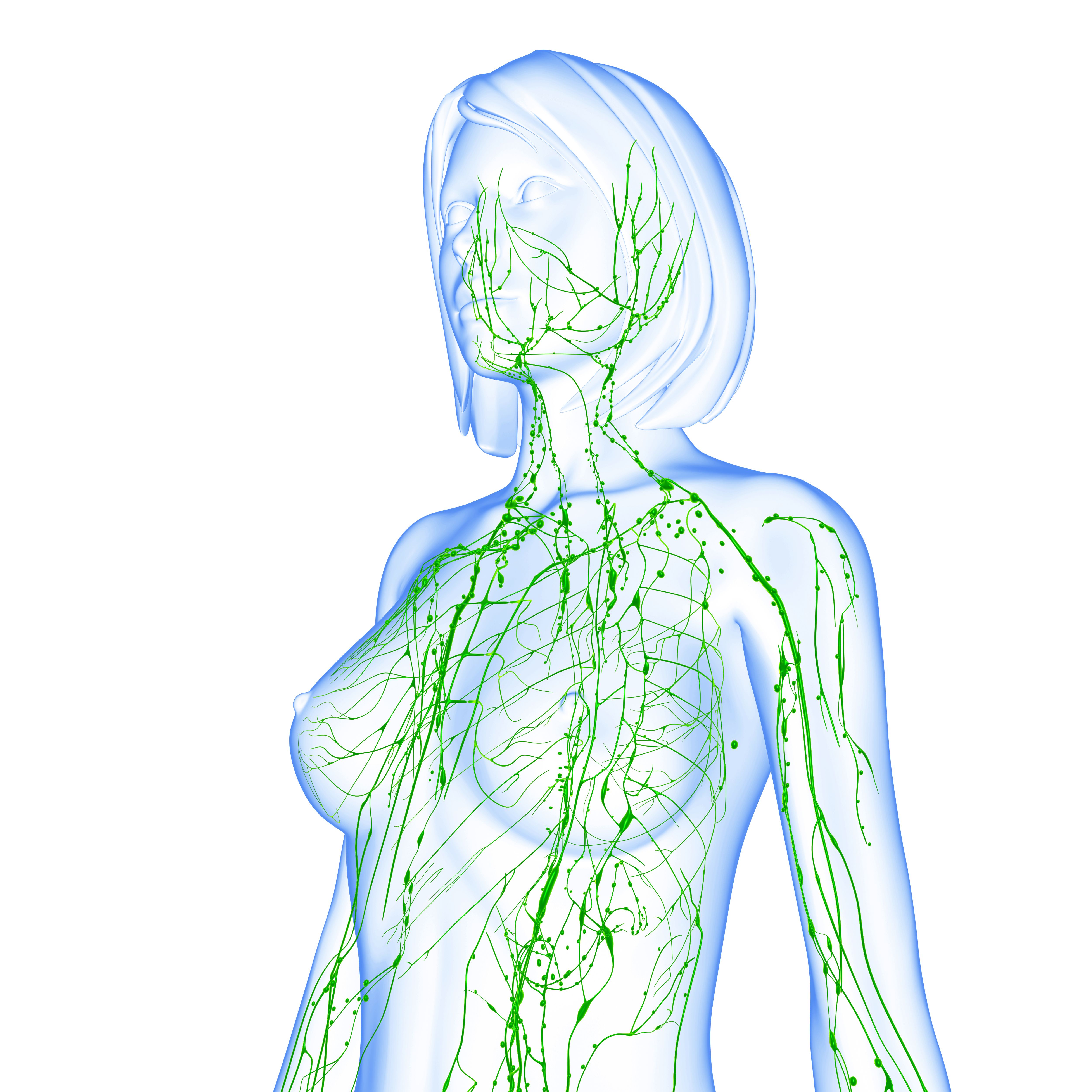Oral Paclitaxel Plus Encequidar Produces Responses as Treatment of Radiation-Associated Breast Angiosarcoma
Patients with radiation-associated breast angiosarcoma may have an effective treatment option with the combination of oral paclitaxel with encequidar.

Patients with radiation-associated breast angiosarcoma may have an effective treatment option with the combination of oral paclitaxel with encequidar (oPac+E), according to study results presented during the 2020 San Antonio Breast Cancer Symposium.
The researchers assessed activity, safety and tolerability of oPac 205 mg/m2 plus E 12.9 mg once daily for 3 consecutive days weekly in patients with unresectable cutaneous angiosarcoma. The primary outcome of the study was tumor response to therapy every 6 weeks.
From August 2018 to May 2020, 7 patients (median age, 66 years; range, 49-76) were diagnosed with breast cutaneous angiosarcoma. All patients had previously been diagnosed with breast cancer and received a mastectomy and radiotherapy and/or adjuvant chemotherapy.
Three patients (43%) achieved a complete response on the combination, and also achieved stable disease (43%). One patient achieved a partial response to therapy. Forty-three percent of patients crossed over to receive curative surgical resection.
The combination was generally well tolerated, with grade 3 treatment-related adverse events (TRAEs) occurring in 5 patients. The most common grade 3 TRAEs included fatigue (2 cases), diarrhea, dyspnea, dehydration, pneumonitis and neutropenia (one case each). Three patients needed dose reductions, however there were no treatment discontinuations as a result of AEs. No patient deaths have been reported to date.
The authors concluded that the combination may be an effective oral treatment for patients with radiation-associated breast angiosarcoma, with limited toxicities, which could offer patients the potential to avoid intravenous chemotherapy at a hospital.
Reference
Ravi V, Wagner M, Chen TWW, et al. A phase 2 study of oral paclitaxel and encequidar (oPac+E) in the treatment of cutaneous angiosarcoma: The breast angiosarcoma subgroup. Presented at: 2020 San Antonio Breast Cancer Symposium; December 8-11; 2020; Virtual. Poster PS13-05.







